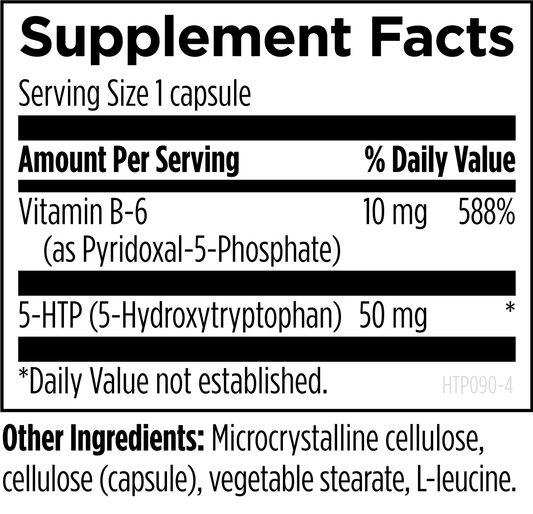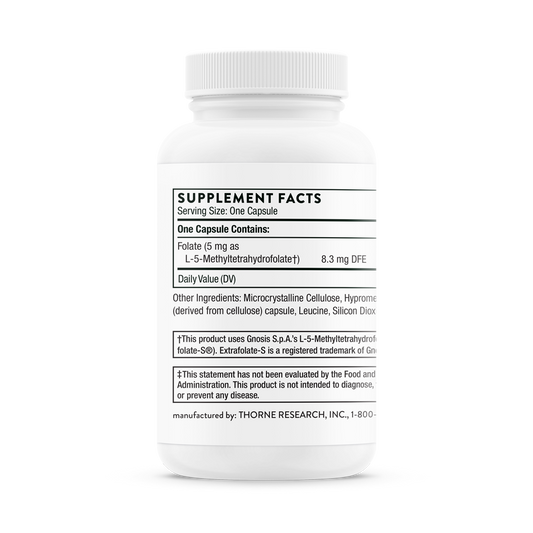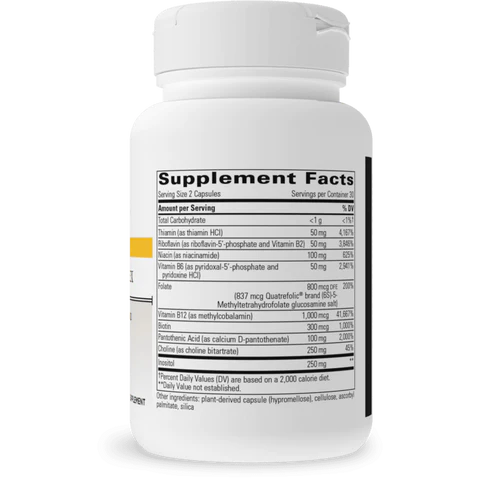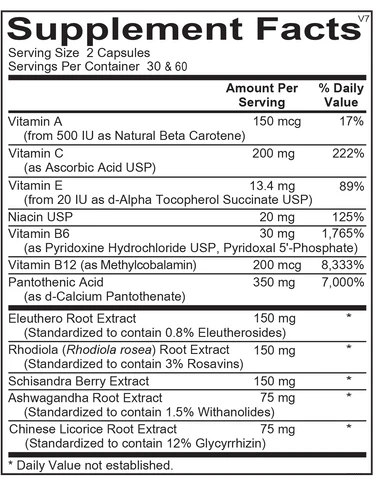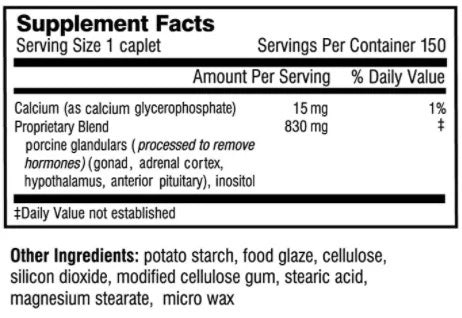Overview
Stress has somehow become a perceived right of passage for adults in the US. Many people feel that if they’re not stressed, they’re not working hard enough. And almost all of us have had stress build throughout our lives, a combination of trauma, life experiences, and our state of mind.
Today on The Doctor’s Farmacy, I’m excited to talk to Dr. Elissa Epel about the wide-ranging effects of chronic stress on our health and how to mitigate it to feel better and even slow the aging process. Dr. Epel and I kick off our conversation by talking about the idea of uncertainty tolerance and how we can work on finding comfort in the unknown. Our individual histories and traumatic experiences set our ability to tolerate uncertainty and Dr. Epel explains what different levels of that look like. While stress does serve an evolutionary purpose for us, there is a huge difference between how acute stress and chronic stress impact our bodies. Plus, our state of mind plays a foundational role in how we experience stress, meaning an event could be extremely stressful for one person, but the same event may not feel as intense for someone else.
Dr. Epel’s research on stress and aging gives us a helpful lens to reframe longevity, mindset, and happiness. Stress actually impacts mitochondrial function, leading to the symptoms we’ve come to consider a normal part of aging. But in pursuing small amounts of “good” stress, or hormetic stress, we can boost mitochondria and cell function, clear away damaged cells, and become more resilient to the negative impacts of chronic stress. It’s impossible to avoid all stress. This episode is full of so many helpful tips on assessing the impact of stress in your own life, taking a proactive mind-body approach, and offsetting the negative effects. I hope you’ll tune in.















